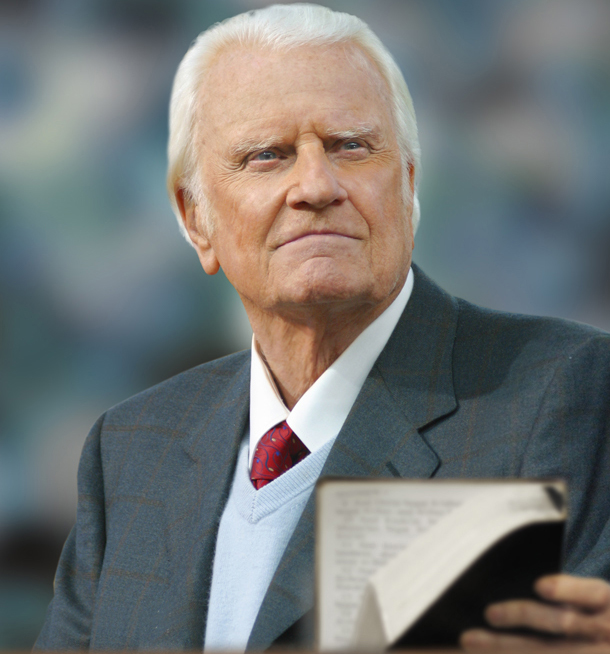
FORT WORTH, Texas (BP)–She doesn’t spend her days on the docks baiting hooks and casting line, but KayLyn McGowan, Southwestern Baptist Theological Seminary’s missionary-in-residence through spring 1999, knows something about fishing.
“There is a tribe that catches fish with their hands instead of poles or nets,” she said. “They lean into the water, stick their hands in and dangle their fingers for long periods of time until fish swim right up to their hands and can be pulled out.
“If a Christian is going to catch fish, one hand must grasp life’s experiences and God-given temperaments and gifts. The other hand must grasp the seminary experience, which helps form the theology you will teach and on which listeners will base their lives. Whatever you’re going to be, it takes two hands.”
McGowan, International Mission Board representative to Lebanon the past six years, returned to Southwestern in the fall to spend her stateside assignment as missionary-in-residence. A 1991 master of divinity graduate herself, McGowan is thrilled with her primary responsibility while at seminary: helping students process their call and find their place in God’s mission.
“I hope it will encourage students to know they can talk with me about a missions call without being officially ‘in process,'” she said.
McGowan recognizes another side to missions besides those who go.
“There are those who stay and those who go, but we are all called,” she said. “I can’t go without the help of those who stay. We all get to share in the harvest.”
McGowan recounted a story told to her about Southern Baptist missionaries who had gathered in the basement of the Baptist publications building at the height of the civil war in Lebanon. The airport had been shut down, and the last boat would leave at daybreak. The missions chairman told the missionaries to decide whether to stay or go.
“But, the chairman added, there would be no heroes. There would be no difference between those who stay or those who go. We are all partners together in God’s work,” McGowan said.
The profile of those going overseas is changing rapidly, McGowan said, adding that there is no longer a stereotypical missionary.
“People with secular job skills — business executives, graphic designers, architects, mechanics — can more easily access countries in the 10/40 Window than someone traditionally labeled ‘missionary,'” she said. “Any secular job that can be done in the United States can be done overseas, which means if God is calling, we are all without excuse.”
Myths about missionaries, especially single ones, still abound. “I found that many wouldn’t dare go as a single person. I was called and I’m single. I had to be obedient to the call first and let God work out the second part,” she said. “No missionary is ever alone; God is already there. The International Mission Board has now moved to a team approach so there’s more support and accountability.”
From her work in the Islamic world, McGowan has unearthed many myths Western Christians have about Muslims perpetuated in part by television coverage of Muslim extremists.
“Muslims are not the enemy but are victims of the enemy — they are rebellious youth who cannot get a job, they are women abandoned by husbands, they are university students studying and preparing for work with no hope of future employment,” she said. “If only TV cameras would pan two feet to the right of the men burning the American flag, they would capture people in the marketplace trying to go on with daily life.”
In the growing U.S. Muslim population, McGowan doesn’t see a threat, but God at work.
“Even if we could all pick up tomorrow and go to the Middle East, we couldn’t tell all Muslims who Jesus is, so you know what God did? He brought them to us — 8 million of them,” she said. “We couldn’t raise up enough missionaries, so he is bringing the world here.”
Muslims worship in more than 20 mosques in the Dallas-Fort Worth area alone and should not be feared because “most are looking for a friend, not a fight,” McGowan said.
“Many Muslims are students living in America temporarily,” she added. “If and when they return to their homeland, what will they take back from their time with us — Hollywood or Christ?”
Regarding seminary education, McGowan recalled when God spoke to her while she read in Daniel 3. She read that the best and brightest Jews required three years of training in the Babylonian language, literature and culture before they were fit for service to the king.
“Seminary is that three years, give or take, of preparation,” she said. “It’s probably the only time in our whole lives that we have the luxury of being in a cocoon. We can pull away from many real-life situations and prepare our minds for future service for our King.”
Being away has helped McGowan to appreciate Southwestern more and to gain a different perspective on grades.
“So many students come to my office worrying about grades and I tell them, ‘Never once since graduation has anyone asked my GPA!'” she said.
She doesn’t believe people should “follow in her footsteps” because God’s call is unique to each person. Instead, she wants students to listen to God and follow wherever he leads.
“Dreams of a big house or a nice car can block our hearing the call,” she said. “Often we’re waiting on a word from Richmond or a church committee, but assignments should just be a confirmation of what God has already been telling us. The word should come from God first.”
McGowan returns to Beruit May 14.














